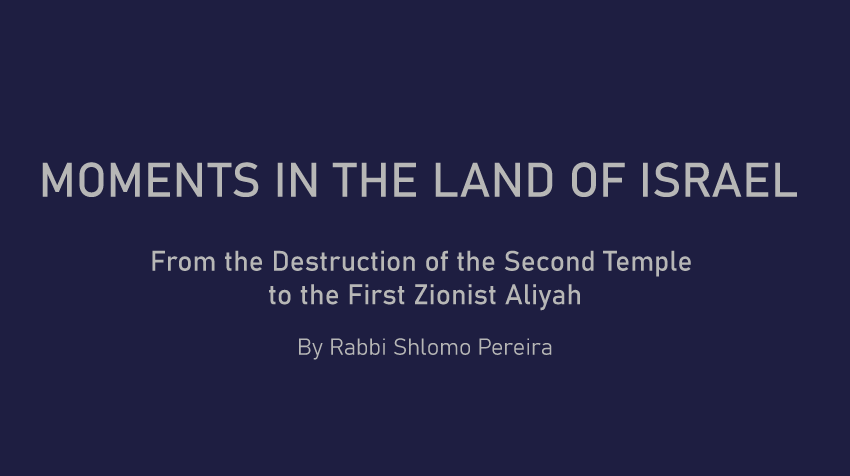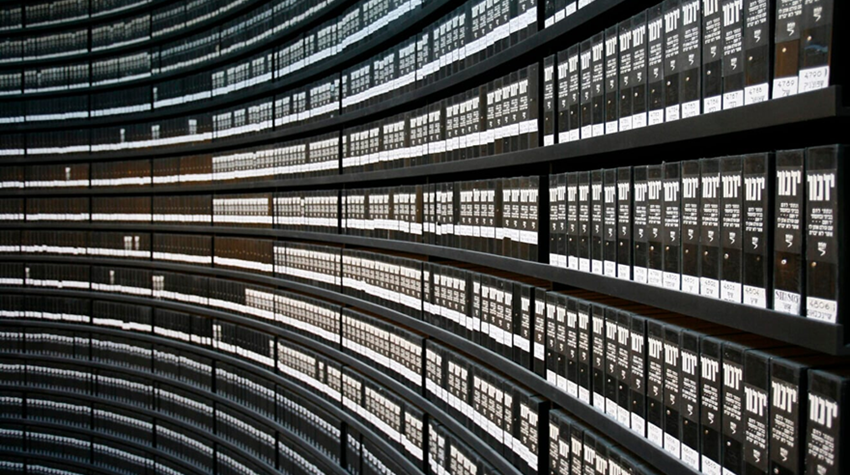Highlighting the permanent Jewish presence and the relevance of Jewish contributions in Eretz Israel as well as the continuous connection between Diaspora Jews and Eretz Israel throughout the centuries between the Destruction of the Second Temple and the onset of modern Zionism, through a series of one-page notes distributed weekly.
DID YOU KNOW THAT... in the early 1300s, R. Yitzchak from Acco engaged in a deliberate effort to ascertain the exact origins of the Zohar? R. Yitzchak ben Shmuel [?-?] was a students of R. Moshe ben Nachman (1194-1270) and a respected Kabbalist in his own right. In the aftermath of the Mamluk bloody conquest and destruction of Acco in 1291, R. Yitzchak fled to Spain. As it turns out, the Zohar, a Kabbalistic masterpiece until then unknown, had just started been publicly circulated in Spain by R. Moshe ben Shem Tov de Leon [1240-1305]. It was presented as an ancient text written by the second century sage R. Shimon bar Yochai [d.160CE], a text that had up to that point had been circulated in rather limited and confidential circles. R. Yitzchak, as a seasoned Kabbalist, was intrigued by the fact that he had never heard about the Zohar before. In 1305, he reached out to R. Moshe to inquire about the exact origins of the text, whether it was actually authored by R. Shimon or rather something that R. Moshe might have written himself based on old documents. R. Moshe attested to the ancient authorship of the text and vowed to show R. Yitzchak the original
manuscript after returning from a travel commitment. Unfortunately, R. Moshe passed away before returning from his trip. Further inquiries by R. Yitzchak led to mixed results. R. Moshe’s widow told him that there was no original and that R. Moshe was the actual author. Other inquiries, however, seemed to confirm the ancient origin of the text. Intriguingly, R.
Yitzchak’s written account of his efforts on this matter ends abruptly as he is about to reveal his conclusions. The only record of this account was preserved in the first edition from 1556 of the history work ‘Sefer Yuchasin’ by R. Abraham Zacuto [1452-c.1515] and was cut from its printings over the next three centuries. Regardless, from his later writings it is clear that R. Yitzchak of Acco had concluded that the Zohar was indeed the work of R. Shimon bar Yochai.


































